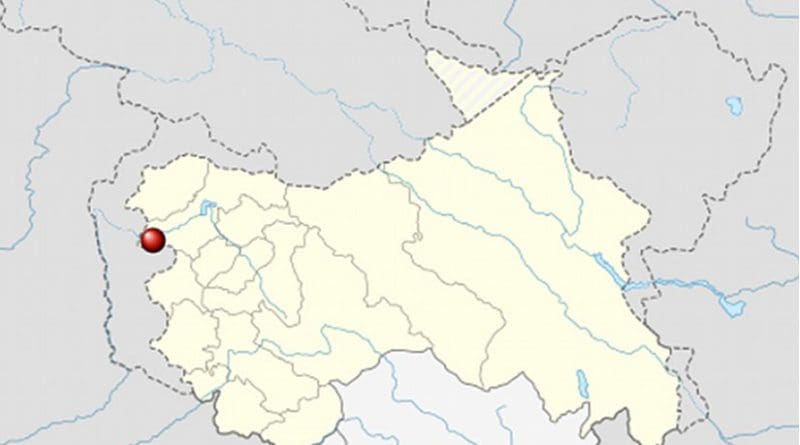Attack On Uri – OpEd
By Hardeep Singh Puri
There comes a point in the conduct of foreign and security policy when the state is left with no option but to change the game and play hardball. Such a stage has been reached in relation to Pakistan. Pakistan has consistently and systematically used terror as an instrument of policy in dealings with India. A pliant Indian state, anchored in responsible conduct, has tried to use its limited margin of persuasion to make Pakistan see reason.
The terrorist attack in Uri, perhaps the worst of its kind in 20 years, has resulted in the crossing of all thresholds. It has produced a reaction in India which Pakistan had perhaps underestimated. The government of the day, even if it wishes to exercise restraint, may be forced by public opinion to do otherwise. That, however, does not mean that India’s reactions should be reckless or knee-jerk. All the more reason, India’s reaction will have to be carefully thought through, multi-layered and calibrated.
‘Covenants, without the swords, are but words and of no strength to secure a man at all’, to quote Hobbes’ Leviathan.
Little comfort can be drawn from the fact that many countries at the highest political levels of leadership, including the UN Secretary-General, have said that they side with India in the fight against terror. Outreach to the international community and sensitizing them will not produce the results India seeks if Pakistan continues to be in denial. If past evidence is anything to go by, India can produce all the evidence it wants of Pakistan’s harbouring of terrorists, hosting of terrorist training camps, and allowing their soil to be the staging grounds for attacks against India. Pakistan’s culpability stands established beyond doubt. Pakistan has always taken the plea that as a state it has no involvement and no leverage on non-state military actors. After tempers cool down somewhat, that is likely to be Pakistan’s response to the Uri attack as well. This will not leave India with too many options. Unless pain is inflicted on Pakistan in a carefully calibrated manner, the terrorist onslaught will continue.
The Uri attack has nothing to do with the situation in the Kashmir valley which India has to address. If there have been shortcomings in the way the ongoing tensions there have been handled, then responsibility should be fixed and corrective action ordered. A vulnerable situation in a part of India provides no justification whatsoever for Pakistan-sponsored terrorism from its soil.
International Law allows the waging of war in self-defense. The fear of an escalation is exactly what Pakistan is counting on. Even as we drum diplomatic support against Pakistan’s policies, there should be a realistic understanding about the feasibility of different options. Apart from countries choosing to impose sanctions bilaterally, the UN Security Council is the only body which can authorize multilateral sanctions. It is predictably unlikely that China, wielding its vetoes, will allow the Council to head in such a direction.
Pakistan’s actions have left India with very few choices. We will have to fend for ourselves in order to produce sufficient safeguards to ensure that Pakistan pays a price to rethink its involvement with the terror machine.
Disclaimer: Daily SAMosa presents quick takes on issues that matter to South Asia. It is open to contributions between 100-200 words, although their publishing will be at the final discretion of SAM Editor. Content with your name, designation and institution can be sent on: [email protected]

